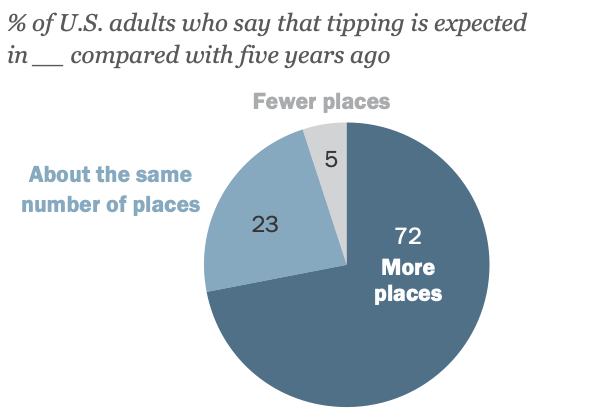To Stand, or Not To Stand?
Every morning, students aged five to 18 across America stand up to recite the Pledge of Allegiance. One nation, under God, indivisible with liberty and justice for all. Does the pledge of allegiance try to fit Americans into a single box that is un-inclusive and non-progressive, or does it show appreciation to our shared freedoms, the freedoms that protect you each and every morning?
By Simon Mehring
Staff Writer
Congress shall make no law respecting an establishment of religion, or prohibiting the free exercise thereof; or abridging the freedom of speech, or of the press; or the right of the people peaceably to assemble, and to petition the Government for a redress of grievances.”
These are the words our nation was founded on, the words that guarantee millions of Americans freedom: freedom of press, freedom of assembly, freedom of religion, freedom of protest, and most importantly, freedom of speech.
In my eyes, the Pledge of Allegiance is not a pledge of loyalty to our country, or military, nor is it a Pledge of Allegiance to God, Joe Biden, Donald Trump, or any person, being, or physical thing.
Instead it is a pledge to an idea. The idea of America. The great thing about America and the ideals thereof is that there isn’t a set standard or principle. Everyone is able to decide for themselves what they think America stands for and where they hope to see it progress.
For me, I stand each morning and recite the Pledge of Allegiance because I see all the faults, problems, and inequalities in our country. By no means am I saying I’m proud or content with these inequalities and disparities in our nation. Instead, I’m proud of the fact that I am able to do something and fight to make my voice heard to try and make our country a better place for all Americans.
Furthermore, for me, the Pledge of Allegiance humbles me and puts into perspective just how grateful I am for these freedoms. The history of our nation is filled with heroes and patriots who fought in wars to protect the freedoms we have.
I belive America is a country like no other, a nation where when its citizens see problems, they start movements and fight for what is right to try and progress the nation.
Although I believe all students should stand and recite the pledge each morning, I respect you and your individual decision. As stated, the main reason I stand for the pledge is to show appreciation to our shared freedoms, the freedoms that protect you each and every morning and allows you to have the choice to stand or not.
I encourage you all to stand alongside me, to not only show respect to the heroes of our past, but more importantly, to show respect to our future. To ensure the generations of tomorrow that we can pass on a generation we are proud of, an America that is better, more fair and equitable than our current nation.
I stand not for the hate of the past and present, but for the hope of the future.
By Miles Heritsch
Staff Writer & Head artist
The Pledge of Allegiance could be a hypothetical promise towards a variety of ideals, but when someone is willing to pledge their allyship to the flag, they ignore what that flag really stands for. The pledge’s original purpose was to serve as praise for Christopher Columbus’ arrival in the United States and was written on the 400th anniversary of his conquest, entirely ignoring his wrongdoings and even praising his behavior.
When you hear those words every morning from age five, you may stop questioning why you should have allegiance to your country—you just do. This crafts youth who refuse to acknowledge the problems with our country, military, and history—the opposite of encouraging change.
The implication of the pledge is that we already have liberty and justice for all, which was included in the original pledge of 1892 and was undeniably untrue. There’s still work to be done in this country, and standing for a pledge that encourages otherwise results in mantras such as “if you don’t like the country, leave it!” that do nothing but hold us back.
In 1954, the pledge was officially revised so that students were pledging to their country “under God.” As someone who has struggled with religious identity for the majority of my life but was well aware from a young age that different levels of theism existed, I always wondered why we were forced to regard the United States as God’s nation.
More than ten years after my first time reciting the pledge, I still don’t have an answer. Even in a country with no official religion, the same idea of indoctrination and accept- ing something just because you are told it daily applies to having to pledge to God for years. Whatever religion or non-religion you hold, not everyone thinks the same as you. The pledge tries to fit Americans into a single religious box that is un-inclusive and non- progressive.
Although I respect everyone’s decision to stand or sit, I believe the pledge is, and will always be, a mark of nationalism and igno- rance toward our country’s wrongdoings.

Miles is a senior, and this his third year on staff! He is the Norse Star’s Cover Story Editor, Graphics Editor, and Head Artist! Miles joined the Norse...

Simon is a senior, and this is his third year on staff! He is the publication’s Editor-in-Chief this year! Simon joined the Norse Star his sophomore...







